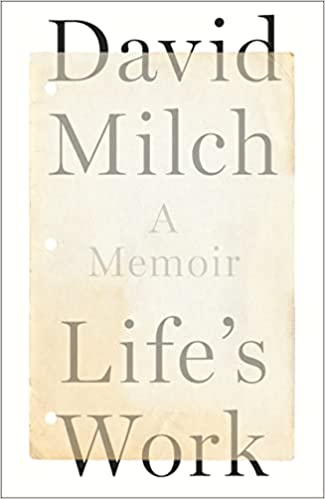
I get choked up when a baseball player makes his first official appearance in an MLB game. When I say choked up, I mean I viscerally feel what is taking place on the field. I was in Dodger Stadium when Dustin May first pitched. I recently watched Gavin Stone and Bobby Miller do the same on television with no less emotion running through me.
Those first starts are the culmination of endless sacrifice, physical preparation, and mental resets. There are so few positions available in professional sports it is almost ludicrous to bet one’s future on it. When I see young ballplayers walking onto an MLB field for the first time, usually with their families in the stands on very short notice, I feel a sense of awe and trepidation. A lifetime of dreams can continue for years after that debut, or possibly end right there on an underwhelming performance and a flight back to a playing field a tenth in size.
The power of hope and the threat of failure are all at once alive in a single and unrepeatable moment. I struggle to find the words to convey the meaning of that spotlight and the unknown future it presents as a test, but seeing that ballplayer suited up for the first time and given a spot on the roster by a manager is always in my eyes volcanic.
Then there are the veterans who perform even better late in their careers than they did when they first came up. Clayton Kershaw won his 200th game this season, becoming only the third Dodger to achieve that milestone, reaching an achievement shared with just 96 players in MLB history. I’d like to tell you Kershaw’s debut clearly foreshadowed the legendary career ahead of him, but five weeks after his first MLB game, he was sent back to the minors for fine-tuning. That’s when he recommitted to getting back in The Show and proving he belonged on a big league roster. Nothing could stop him from realizing his potential. He has worked hard every day of his career.
Why does talent reaching the launching point of potential bring me to stunned silence?
The why is as simple as I can say it: I revere talent.
You might have guessed, this isn’t just about baseball. All talent climbing to the apex of a focal point is forever for me an uncanny unveiling. A launch in the majors is not the real start of a career, that happened back in grade school, then again in high school, then again in the draft, and any number of games won or lost along the way in each leg of a player’s journey. Walking onto a big league stadium field for the first time in uniform and on the official roster is a moment of recognition, an entry in a time capsule that isolates a key reward point. It is real to the individual and a metaphor to all who are watching it in real time.
When talent sees the spotlight, when one person’s dream becomes reality, we all can look inside ourselves and see the shape of our dreams.
Talent is such an overused, even abused term. Talent is precious. It’s part nature and part nurture. When it reveals itself, the world breathes differently. At least I do.
There are all kinds of talent: sports talent, artistic talent, design talent, scientific talent, leadership talent, mentoring talent, teaching talent, parenting talent — you name something difficult to do, and if you see someone doing it better than a lot of others, it likely involves talent.
Some start with more natural ability than others but when we see talent at work it is seldom a lightning strike or an accident. Behind the realization of talent is a regimen of development that calls upon all the same forms of dedication and commitment evidenced in the training of athletes. I don’t believe it’s different for doctors, dancers, or poets, perhaps just less visible to the unsuspecting.
I often hear business people talk about the war for talent. That phrase troubles me. Filling jobs is not a war for talent. Creating an opportunity that attracts talent to unlock its potential is not a war at all. If your company is doing work of significance and someone with talent becomes aware of that opportunity, the fit will become natural. That is precisely the scenario where one plus one equals three, five, or ten.
Plug real talent into an ordinary opportunity and little exciting is likely to happen. Attempt the impossible with ordinary applicants and equally little is likely to happen. Marry real talent to real opportunity and the sky is the limit. That to me is the power of talent. That is why I revere talent.
I have been blessed over the past four decades to work beside a number of individuals who quietly changed the world through their talent. Some were gifted beyond imagination. Some just worked harder than all those who thought they wanted to compete with them. Most of their names you will never know, but they were game-changers in my life and the many seemingly impossible hurdles we crossed together. They weren’t just good. They were as good at what they do as Clayton Kershaw is at what he does.
When you are in the company of talent, almost nothing seems impossible.
Bobby Miller won his first three games and then encountered reality and lost a huge one. Gavin Stone at the moment is back in the minors. Their talent remains unquestionable, but how it will reveal itself fully won’t be known for a long time, Neither will debut again, but those debut dates will be memorialized on the scoreboard every time they appear in their active careers.
You had a debut and so did I, maybe not tied to a specific date, but close enough to remember the circumstances. We will watch others do the same. The inspiration of seeing talent emerge is unlimited in scope. When you see the next young ballplayer walk onto the field in that brilliant moment of emergence, remember the applause you offer is your own moment of celebration.
_______________
Photo: The Author at Dodger Stadium, Miller’s Home Debut




